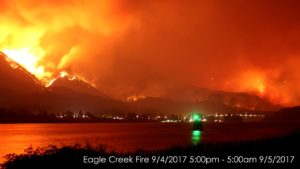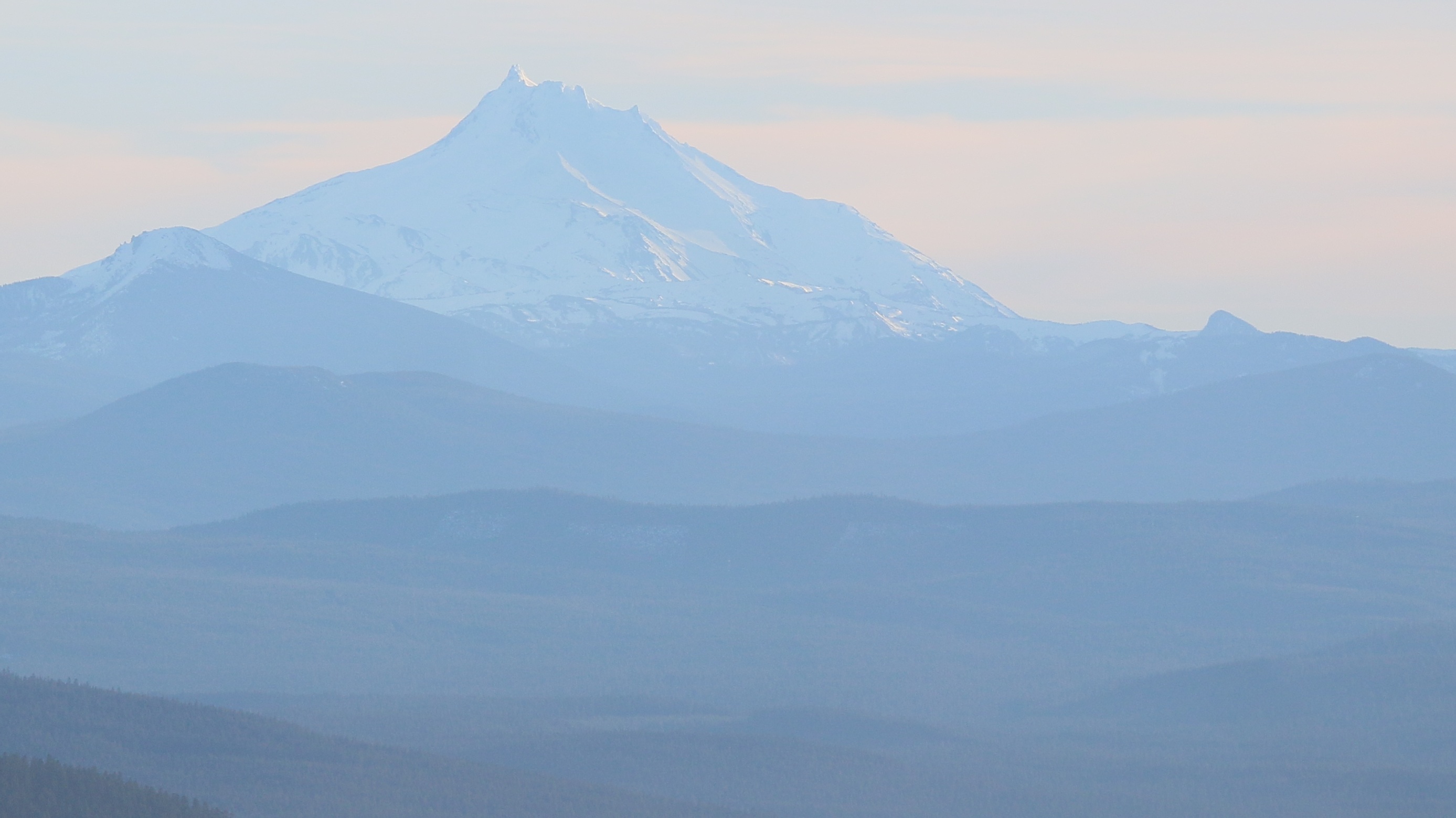It looks like hell outside. The air is orange and the fragile ashy skeletons of leaves that decided to float from the wildfires fifty miles aways and settle on my shirt streak into a paste of dust when I try to wipe them off. It’s a stark reminder of the end of things.

I probably spend an average of an hour a day thinking about death. Some days it’s occasional fleeting moments and meanderings. But I’ve also spent ten straight hours obsessing about it. One could say that most of our human preoccupations involve dealing or not dealing with our immortality in some way or another, but here I’m referring to thinking about death at face value.
It’s a result of a few things, I suppose. Unending curiosity. The OCD and anxiety I’m cursed with. The apocalyptic upbringing I had in a fundamentalist Christian church where I was taught to fret over my soul burning in hell for all eternity long before I could even write a legible sentence.
Yet much of the time I ponder the last great adventure, it isn’t coming from a place of worry; it’s simply the humongous elephant in the room of our lives. And in fact, I find death to be the greatest tool we have for living. To understand that no matter what you may believe – heaven, nothingness, reincarnation, whatever – we only get one chance as who we are the way we are right here and right now; there’s no greater motivator once you let that sink in.
Of course, it ain’t that easy, lest we forget the terror that death and its machinations can instill. My entire family was directly in the path of Hurricane Irma, and this past weekend caused a few sleepless nights for me. There’s also the media saturation of the worst of the worst of ourselves; reminders of what our own kind are capable of. And then there’s also denial; like preferring to look like a plastic lizard than admit age is taking its natural course on our faces. Still then, for some of us, the fear goes a step or two beyond.
I remember “coming out” as an atheist at Thanksgiving dinner. I had no plans to do so, it happened organically. I was finally living on my own in the dorms at age twenty-one, but I was still meeting my parents at their new church on Sundays. I say “their new church,” because I never had a say in where we went, and that one was my least favorite. It was straight hillbilly shit. Banjos and mullets and people with filthy bare feet and a toothless guy that blew on a conch shell and a pedophile everyone knew was a pedophile but they let teach children’s church regardless because “he had a gift with the kids.” Anyhow, sitting at the fancy table and eating our turkey, my grandmother said something akin to “Your mother tells me you haven’t been to church in a few weeks,” and mumbling responses turned to confusion and it all cascaded to me ultimately announcing “I don’t think I believe in God anymore,” which caused the biggest dramatic stir our family had seen in years.
I didn’t sleep much after that. Not so much because of the drama, but because of my own admission to myself of what I believed, as if speaking it out loud was the final event that needed to happen to make the thought real. I would sit in my bed, alone, staring at the ceiling and imagining myself burning in everlasting fire night after night. It took a good two years of reconciliation with my own inner self before I could sleep well again.
In modern times, I don’t worry about hell. On the now-rare occasion when someone asks me “What do you think’s gonna happen to you when you die,” I simply say, “I’ll be in the same place I was before I was born.” Of course, if we’re actually living in a computer simulation, that changes everything, and if you’re playing me as a character, then please load me into a sci-fi world on the next respawn. And give me tentacles. Big, fat, juicy ones.
Most of my extreme thoughts over death now relate to horrific obsessions brought on by the OCD, or thinking about how my own end will take place, and how that the best circumstance is lasting long enough to become a withered, rotting, used-up mush of a body that outlives my wife because I know she couldn’t live without me and it’ll be better if she goes first when our highway tapers and turns to a dusty path with the end in sight.
Meditation helps with that. It has, to a certain extent, retrained my brain to snap out of predictive hallucinations and live in the present more. And that’s what living – not simply existing – is. It’s the antidote to death. Or maybe it’s the other way around. Maybe death is the antidote to life. Because there is nothing special about immortality. It’s mortality that gives our experiences meaning. To be able to go anywhere and do anything at any time makes the spectacular rote, like a movie star who’s seen it all and would rather take a nap than partake in something anyone other than him would consider a once-in-a-lifetime adventure.
So I live because I’ll die. I chase the adventure because I’m overly-aware that one day too soon the adventure will end. I don’t know what it’s like to be fearless. The mental illness I live with makes me fear everything. But therein lies a blessing within the curse. Since everything has the potential to be terrifying, I must constantly do things in spite of the fear; sometimes even because of the fear. And I remind myself of that, and how important it is to call my far-away friends, and to spend quality time with my wife, and write the books I want to write, and travel to weird places, and ask the questions I’ve always wanted to ask.
“Get busy livin’, or get busy dyin. That’s goddamn right.”
